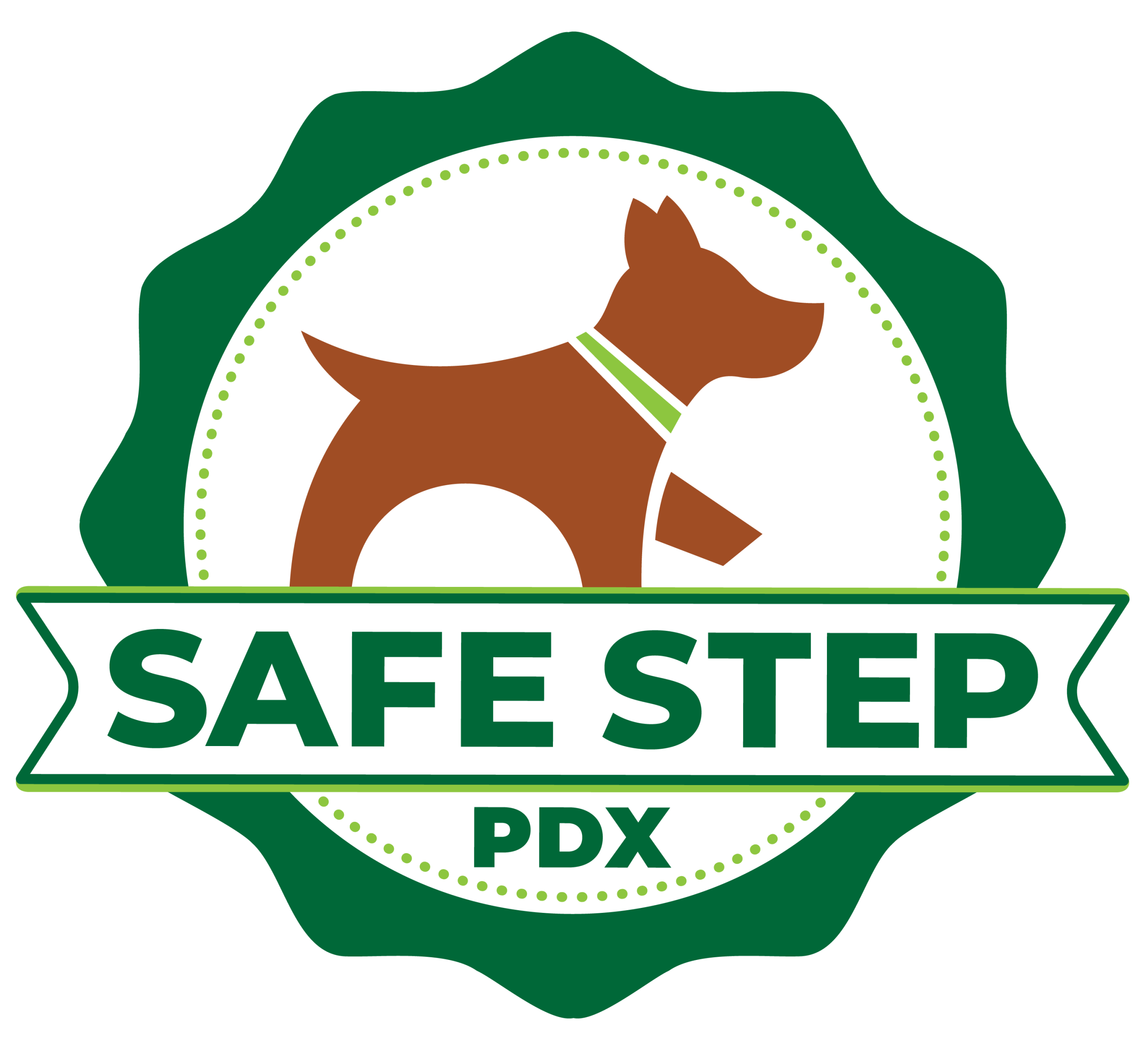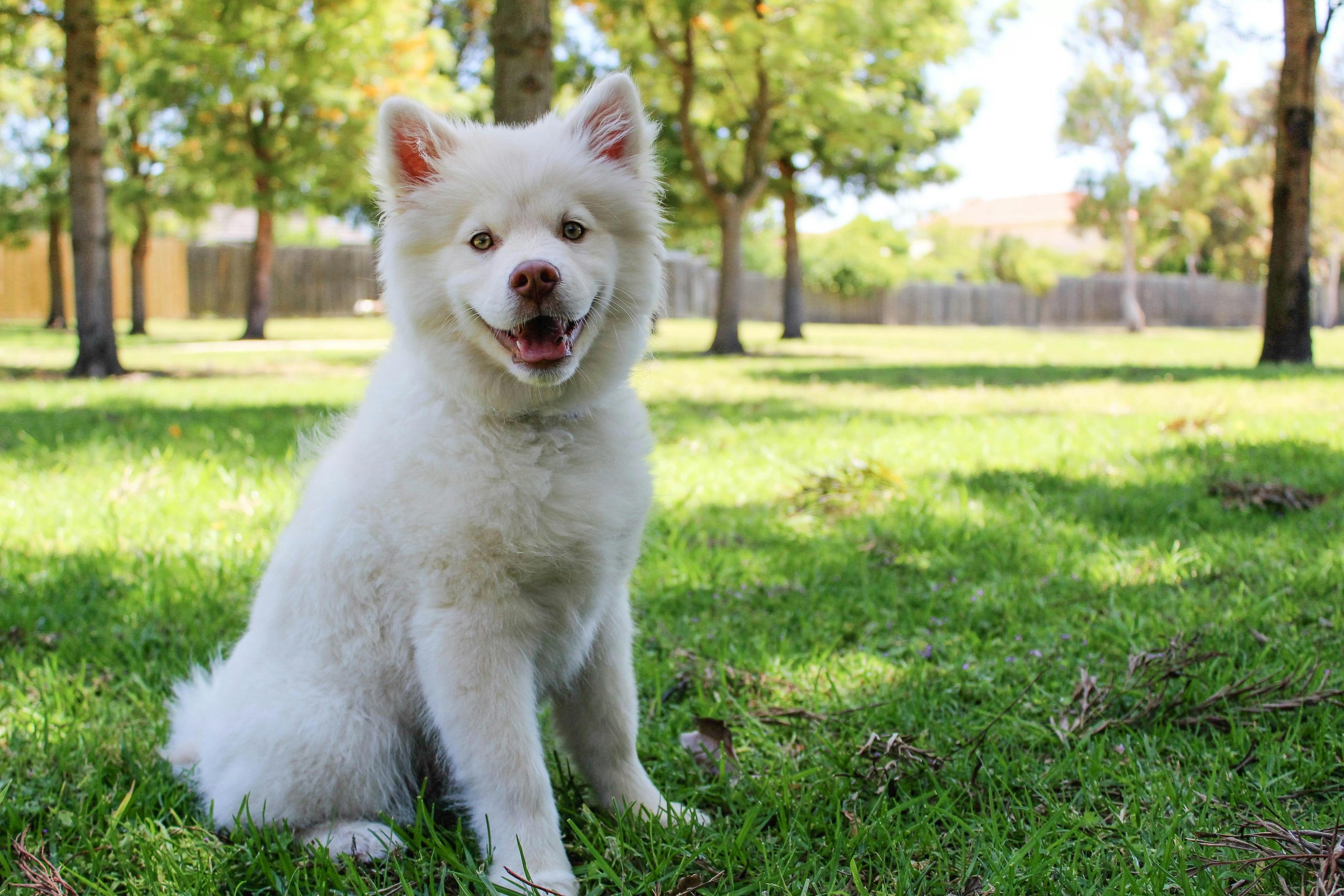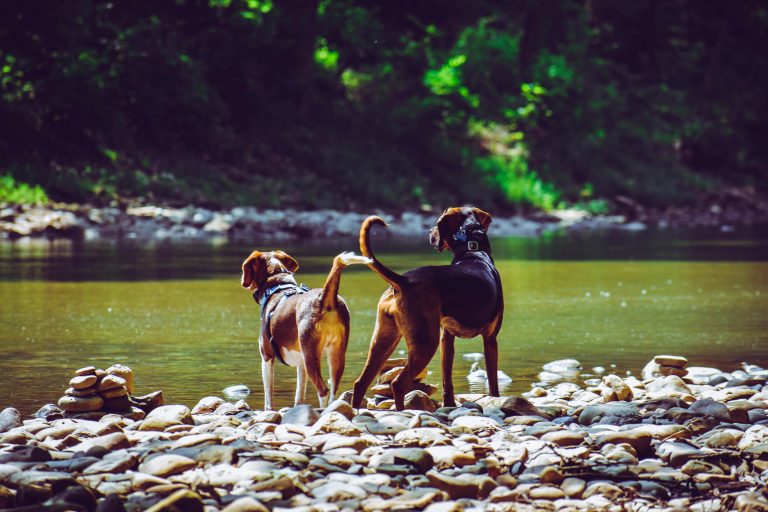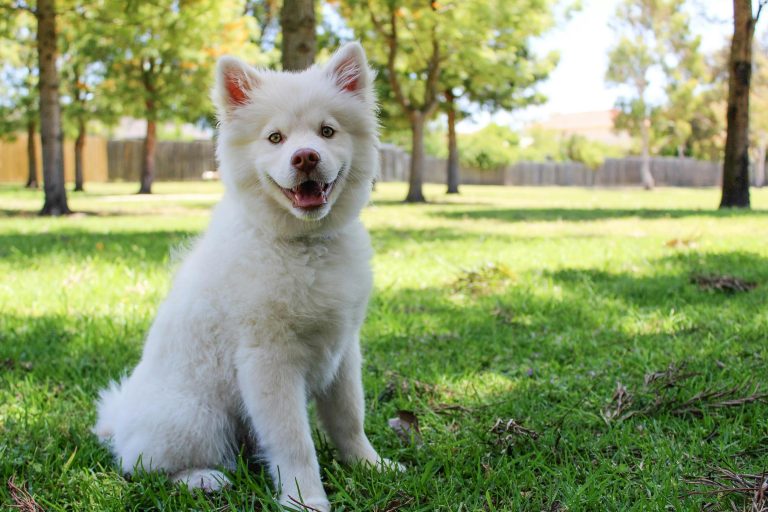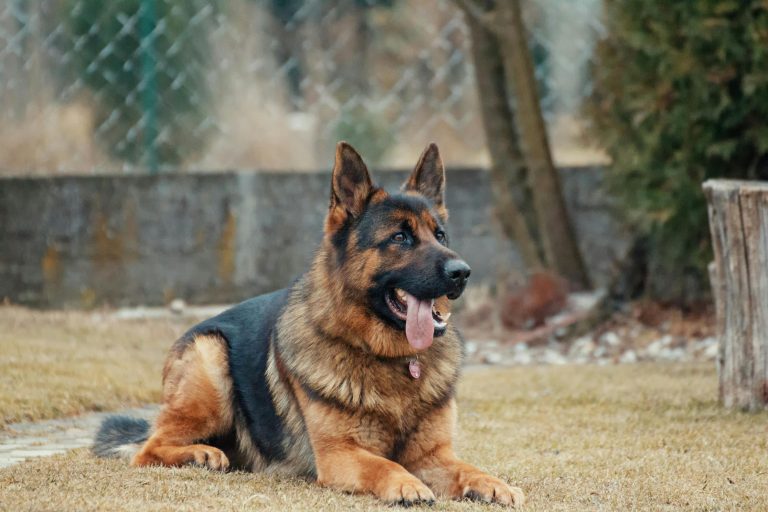The Hidden Health Benefits of Regular Dog Poop Cleanup
Most Portland dog owners understand that cleaning up after their pets keeps the yard looking tidy, but few realize just how important the habit is for everyone’s health. What seems like a small task actually protects your family, your lawn, and even your community’s water system.
At SafeStep PDX, we often meet homeowners who are surprised to learn that pet waste isn’t just a cosmetic issue—it’s a sanitary one. Here’s why a consistent cleanup routine matters more than most people think.
Why Dog Waste Deserves Attention
Dog feces may appear to break down naturally, but it doesn’t behave like fertilizer. Because dogs eat protein-rich diets, their waste contains high nitrogen and acidity levels that can scorch grass rather than nourish it. What lingers behind is a mixture of bacteria, viruses, and parasites that can survive in the soil for months.
The Environmental Protection Agency classifies pet waste as a pollutant comparable to chemical runoff. When rain hits a yard dotted with old droppings, the bacteria are carried into storm drains and eventually into local rivers and streams. In a region as rainy as Portland, that cycle happens almost every week of the year.
Health Risks for Pets and People
Dog waste carries pathogens such as E. coli, salmonella, giardia, and various intestinal worms. These organisms don’t just threaten neighborhood lawns—they can infect other pets and people.
Puppies and senior dogs are particularly vulnerable because they spend more time close to the ground and may sniff or roll in contaminated areas. For people, the risk is highest for children, who play outdoors and often put their hands in their mouths afterward. A single gram of dog feces can contain millions of bacteria.
When waste is left on the ground, it dries out, breaks apart, and becomes airborne dust that can settle on shoes, floors, or carpets. Regular removal eliminates the main source of these pathogens before they have time to spread.
Impact on the Yard and Environment
Beyond the health hazards, uncollected waste quietly damages property. The nitrogen concentration burns grass, leaving brown patches that rarely recover without reseeding. Flies and rodents are drawn to the odor, and during warm months maggots develop in less than a day.
In winter, frozen droppings may seem harmless, but once thawed they release everything trapped inside. By spring, lawns that weren’t maintained through the colder months often have the highest bacterial loads.
Because the Portland metro area relies heavily on rainfall drainage rather than street filtration, pet waste that isn’t picked up contributes directly to local water-quality issues. Cities such as Beaverton and Lake Oswego regularly cite pet waste as a top non-chemical pollutant in runoff studies.
How Often Should Dog Waste Be Removed?
Veterinarians recommend picking up dog waste at least once or twice per week for a single dog, and more frequently for multiple dogs. In reality, many households go much longer—especially in the rainy months, when waste blends into the ground or gets covered by leaves.
A useful rule of thumb:
If you wouldn’t want to step in it, it’s been there too long.
Frequency matters because the danger of waste isn’t just the visible pile. The longer it sits, the more time parasites have to hatch, bacteria have to multiply, and contaminants have to seep into the soil. Even if the poop eventually dissolves, everything harmful inside it remains behind.
Regular removal keeps the yard usable, prevents long-term buildup, and protects pets from re-exposure to parasites they may have had in the past.
DIY vs. Professional Pet Waste Removal
Many homeowners start with good intentions to scoop regularly, but the task often gets pushed aside. Busy schedules, bad weather, and simple avoidance make it easy to fall behind.
Doing it yourself can work, but it requires consistency. You’ll need:
- Time set aside each week (or multiple times per week)
- Dedicated tools and bags
- A plan for disposal
- Gloves or sanitizing practices
- Willingness to do it year-round, even in the rain
A professional service, like SafeStep PDX, offers a different experience:
- Scheduled cleanings (weekly, twice-weekly, or custom)
- Thorough coverage of the entire yard
- Proper disposal
- Detailed checks for problem areas
- Parasite and odor awareness
- Peace of mind when life gets busy
Many of our clients originally hired us “just for winter” or “just during a busy season,” but found that ongoing service was worth it simply for the time and stress it saved. It’s not about whether someone can scoop—it’s about whether they want to spend their limited free time doing it.
The Hidden Benefit Most Owners Don’t Consider: Mental Load
There is one powerful benefit of regular poop removal that rarely gets mentioned: mental clarity.
A messy yard becomes an ongoing reminder of an unfinished chore. Even if the mess is out of sight, most dog owners subconsciously know it’s there. It creates guilt, avoidance, or stress—especially before guests, kids’ playdates, or outdoor gatherings.
A clean yard removes that mental burden. It turns the outdoor space back into something enjoyable instead of something to feel guilty about. Many clients say that what they value most isn’t just the cleanliness—it’s the feeling of control, calm, and freedom in their own space.
A Cleaner Yard Leads to a Healthier Home
Whether you choose to scoop yourself or use a professional service, the key is consistency. The health benefits are cumulative: less bacteria, safer soil, healthier pets, and cleaner indoor spaces.
Regular cleanup also preserves your lawn, prevents odors, and improves the overall experience of being outside with your dog. It’s one of the simplest ways to protect both your property and your family’s well-being.
At SafeStep PDX, we specialize in residential pet waste removal throughout the Portland metro area, including Beaverton, Hillsboro, Lake Oswego, West Linn, Tigard, and surrounding communities. Our technicians follow a thorough process to ensure every visit leaves your yard sanitary, usable, and ready for play.
If you’d rather enjoy your yard than clean it, scheduling recurring service can keep it healthy year-round with no effort on your part.
